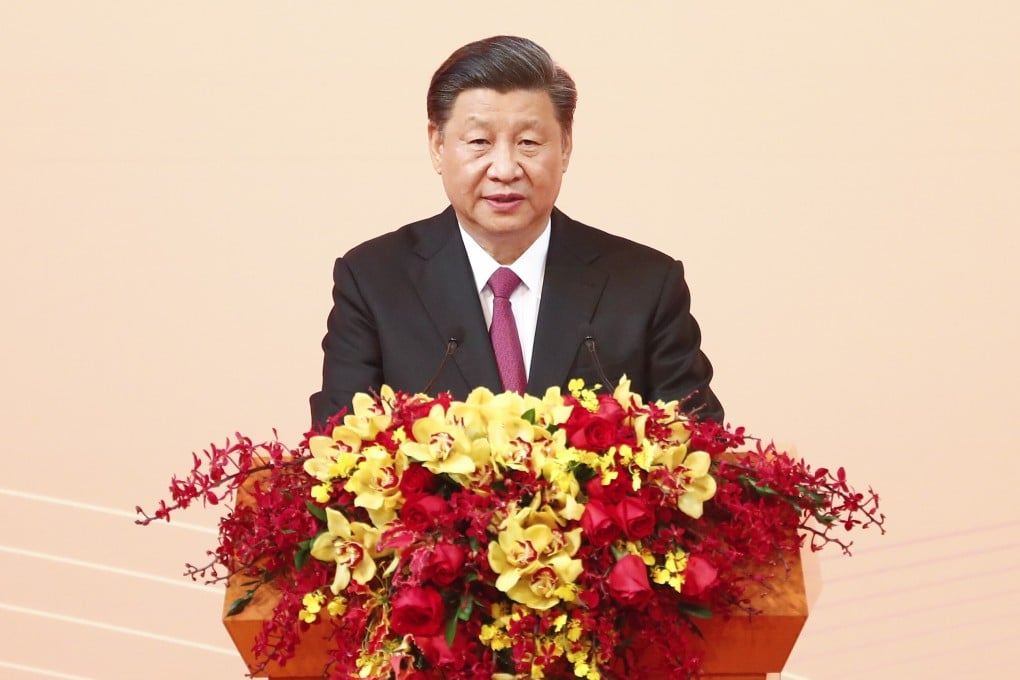G20 summit: China’s President Xi Jinping ‘will not be in Rome’
- China has not told G20 organisers whether president will attend but Chinese envoys reportedly cited Covid-19 measures as preventing his in-person attendance
- Speculation surrounds whether Xi will attend COP26 climate conference in Glasgow if he misses the Italy meeting

The people said there had been no communication on the matter since and Italy, which is hosting the G20 this year, had yet to receive an official response either way. Beijing often announces the president’s travel plans at the last minute, and any final decision may not be sent to Prime Minister Mario Draghi’s government until closer to the summit, which starts on October 30.
The Italian government declined to comment. China’s embassies in London and Rome did not immediately respond to requests for comment.
Summits also provide a chance for leaders to meet one on one on the sidelines, and those bilateral conversations often prove the most fruitful in resolving differences. China and the US remain embroiled in tensions over trade, technology, human rights and Beijing’s strategic assertiveness in Asia, including with Taiwan, that China sees as its territory.